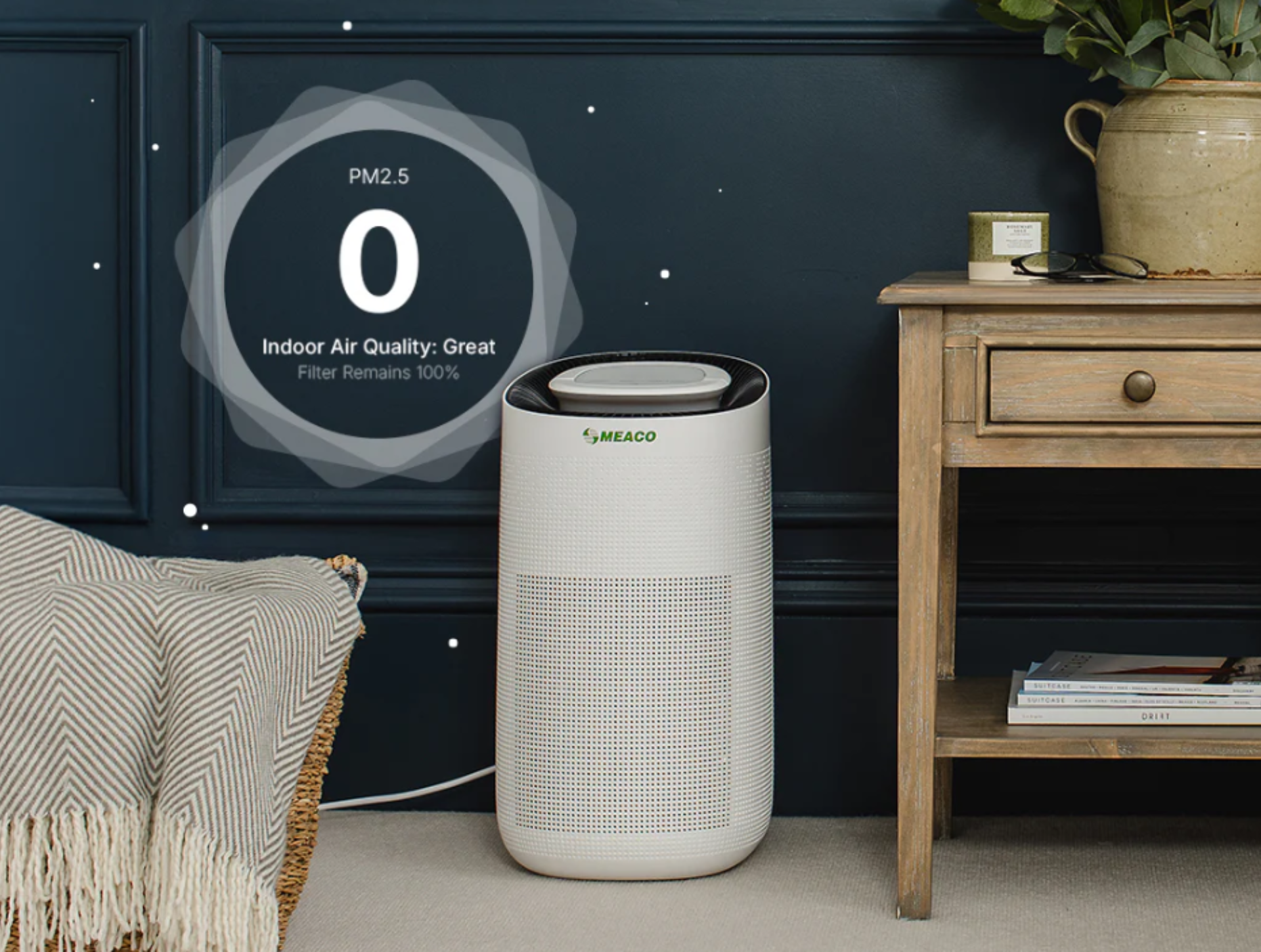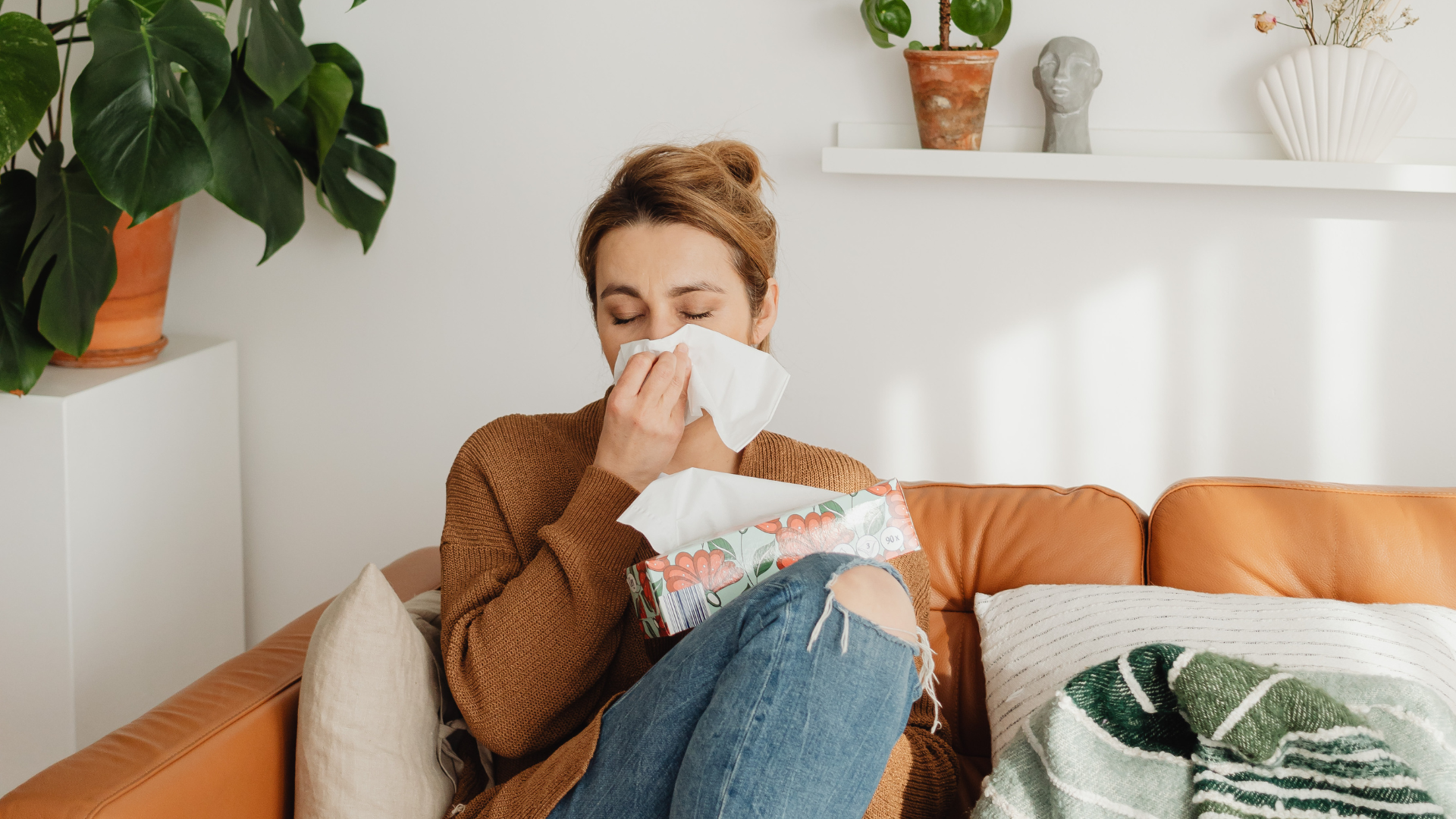There’s increasing concern about pollution, and the question of how air pollution can affect your health. Studies conducted by scientists at Queen Mary’s university in 2018 found that for every extra microgram per cubic centre of pm 2.5 – a small particle of air pollution – and for every 1o extra micrograms per cubic meter of nitrogen dioxide, participants’ hearts grew in size by 1%. The study was conducted on 4,000 participants who had no previous underlying heart issues. This shocking statistic, featured on the BBC was backed up by another: that 8% or 50,000 deaths in the UK are linked to pollution.
What influences how air pollution can affect your health?
Statistics that show how air pollution can affect your health are worrying. Changes in heart size, for example, are comparable to being constantly inactive or even having elevated blood pressure. The scariest part about the statistic is that the 4,000 participants lived outside the UK’s major cities, in areas below the UK’s maximum pollution limits. That means that it’s likely that people living in major cities are more likely to be affected, and possibly affected more severely.
Poor air quality can have a serious and long-term effect on human health. Conditions thought to be caused or exacerbated by air pollutants include:
- Asthma
- Chronic Obstructive Pulmonary Disease (COPD)
- Lung cancer
- Pneumonia
- Reduced lung function
- Heart disease
What causes air pollution?
Air pollution has a number of causes, and is usually a mix of natural and man-made particles that are suspended in the air, and which we then breathe in on a daily basis. Typical causes include:
- Fossil fuels – burning fossil fuels such as coal and wood releases particles into the air. This can come from domestic fires and from factories or workspaces.
- Exhaust fumes – vehicles using a standard combustion engine release particles into the air. Both petrol and diesel vehicles emit fumes – even when they are under the recommended levels. These include carbon monoxide and oxides of nitrogen.
- Natural fires and sources – from wildfires to volcano ash, some natural particles are released into the air.
Other terms you might see used when scientists or commentators are talking about how air pollution can affect your health include:
- Sulphur dioxide
- Nitrogen dioxide
- Particular matter
- Ozone and volatile organic compounds
- Toxic Organic Micro-Pollutants
- Carbon monoxide
- Lead and heavy metals
Many of these issues also contribute to climate change, which has the potential to have a huge impact on our lives over the next century. With all these particles in the air, it’s easy to see how air pollution can affect your health, and the health of those around you.
How can we combat the affects of air pollution?
Wear a face mask to prevent breathing in air pollutants
As you often see in highly polluted cities in China, you could start wearing a face mask when you’re in a dangerously high polluted area, such as a big city. Citizens of many large polluted cities around the world currently do this. The Coronavirus crisis means that face masks are far more available than ever before in the UK. Wearing them outside as well as in shops or when meeting people could help to protect you from some air pollution.
Breathe through your nose
Another option is to try and breathe through your nose. This may sound a little silly, but your nose contains little hairs which help filter out some of the polluted particles, whereas your mouth doesn’t. You can even buy tiny filters which clip into your nose, that help to lower pollution levels even further.
Walk further away from polluted roads
Research has shown that even just moving slightly further away from polluted roads will help you to reduce the amount of air pollutants that you breathe in. If you have to walk next to very busy roads, walk on the far side of the pavement – even being a metre further away can make a difference. And if you can, choose a route that has quieter roads. So in a city, walking a block away from the busy road may add a few minutes to your walk, but it could make a real difference to the air you breathe.
Combat indoor air pollution with a Meaco air purifier
When we’re researching how air pollution can affect your health, we’re really interested in the pollutants that are indoors. So if you want to keep the air in your home as clean as possible, why not invest in a good quality air purifier? The MeacoClean CA-HEPA 76×5 is a high-quality, Allergy UK Approved air purifier.
The MeacoClean removes pollen, smoke, dust, dust mites, mould spores, pollution, viruses and bacteria and pet dander from the air.
In terms of room size, the MeacoClean CA-HEPA 76×5 can move up to 236 cubed metres of air per hour. The more often the air from your room goes through the air purifier each hour, the cleaner the air will become.
A great way to manage allergy symptoms
If your symptoms are mild then three times an hour will be fine, five times an hour will give better results and a factor of seven or eight times an hour should be used if your allergy is severe .
With one filter lasting on average 6 months, combined with the low energy consumption of a maximum 50watts, the MeacoClean should be a staple for any allergy sufferer or anyone looking to improve their health by limiting their pollution consumption within their home.
Explore the full range of Meaco air purifiers, perfect for both small and larger room or call us on 10483 234900 for help and advice on how air pollution can affect your help – and how to manage the air quality in your home.
Products featured: MeacoClean CA-HEPA 76×5







